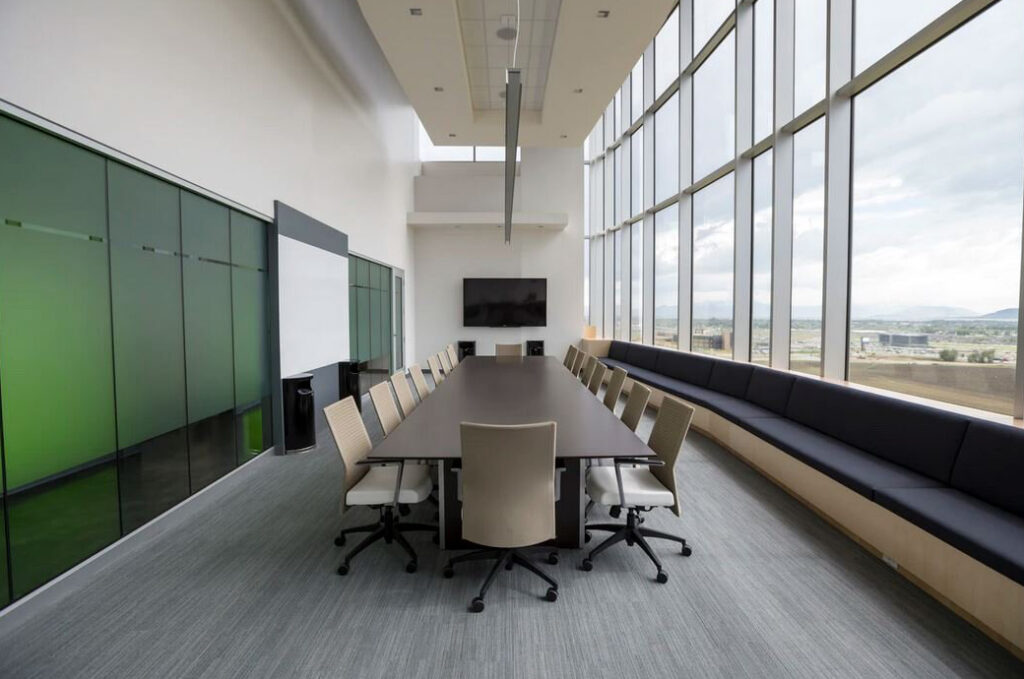
The world of business is always looking towards figureheads to set the pace. Big companies are trendsetters, and their decisions ripple through the rest of the field like wildfire.
When the CEO of one of the largest tech giants in the world says something, ears around the globe perk up to listen. It shouldn’t be surprising that Apple’s recent promotion of remote work is influencing companies to embrace a lasting WFH movement.
Business Leaders Embrace Remote Work
In an interview with The Atlantic Festival, Apple Inc.’s Tim Cook said that he was impressed by their employee’s ability to work remotely. Cook went on to say that Apple will continue to support remote processes moving forward. Cook said that the company won’t likely “return to the way we were because we’ve found that there are some things that actually work really well virtually.”
Of course, Apple’s CEO isn’t the first highly influential corporate figure to express positive feelings about the possibilities of remote work.
In the field of technological development alone, numerous leaders have come forward to share their positive experiences with remote protocols. Facebook, Twitter, and Dropbox have all announced plans to extend work-from-home processes for their employees beyond the pandemic. This permanent shift to remote work is already a reality for companies all over the globe.
Gauging the Impacts on Business Culture
With so many powerful and influential figures supporting the work from home system, it’s safe to say that this new normal of business will be sticking around. Remote work, along with many other habits we’ve established during COVID, are here to stay.
Clearly, a transition like this will continue to change the way we work. These new protocols will also be seeping into the field of commercial real estate. In this case, the office sector will be influenced more than any other.
Here’s a glimpse at the current outlook for the future of the office space in 2021:
2021: A Hybrid Professional Culture
The greatest takeaway from 2021’s new workspace predictions is the emergence of a truly hybrid business model. The blend of in-person team members and off-site employees is expected to become the new baseline of business.
The office sector’s tenant pool is expected to be disrupted, but industry professionals shouldn’t fear a total decline in demand. It’s important to consider that not all business heads are pleased with remote protocols. CEOs from Netflix and JPMorgan Chase & Co. have expressed their negative feelings about the pandemic’s introduction of remote protocols. Even WFH enthusiasts are still acknowledging the imperative place that physical offices hold in contemporary business.
After such an influential year, office demand is anticipated to adjust and level out to meet the post-pandemic workplace culture.
With the adoption of the hybrid business model, office spaces will remain essential. In order to keep pace with the fully tech-powered remote workflows, physical office spaces will need to be equipped with an unparalleled tech arsenal. Seamless connectivity, mobile compatibility, and other Smart tech advancements will be a staple for 2021 offices.
Story by: NAI Global